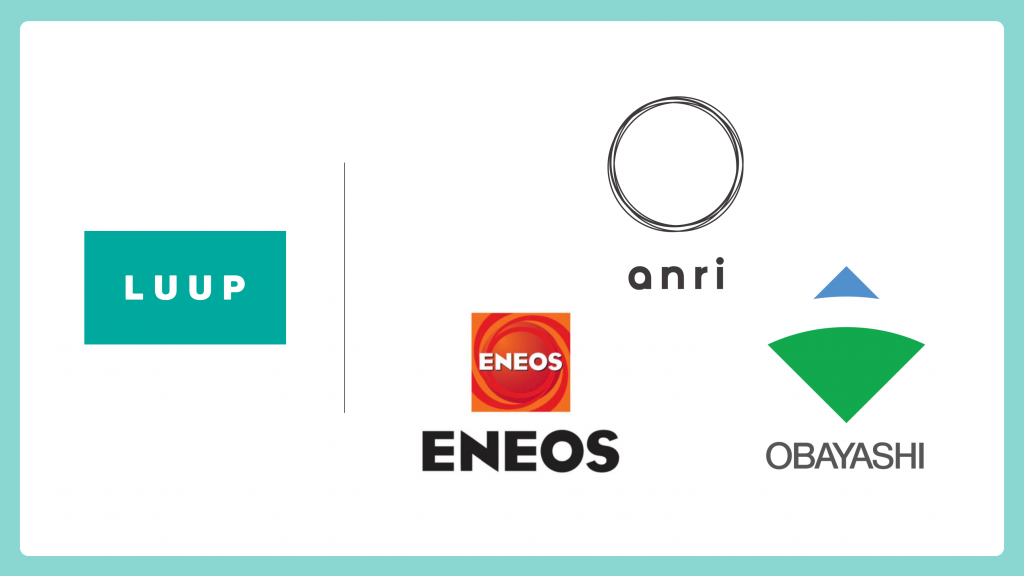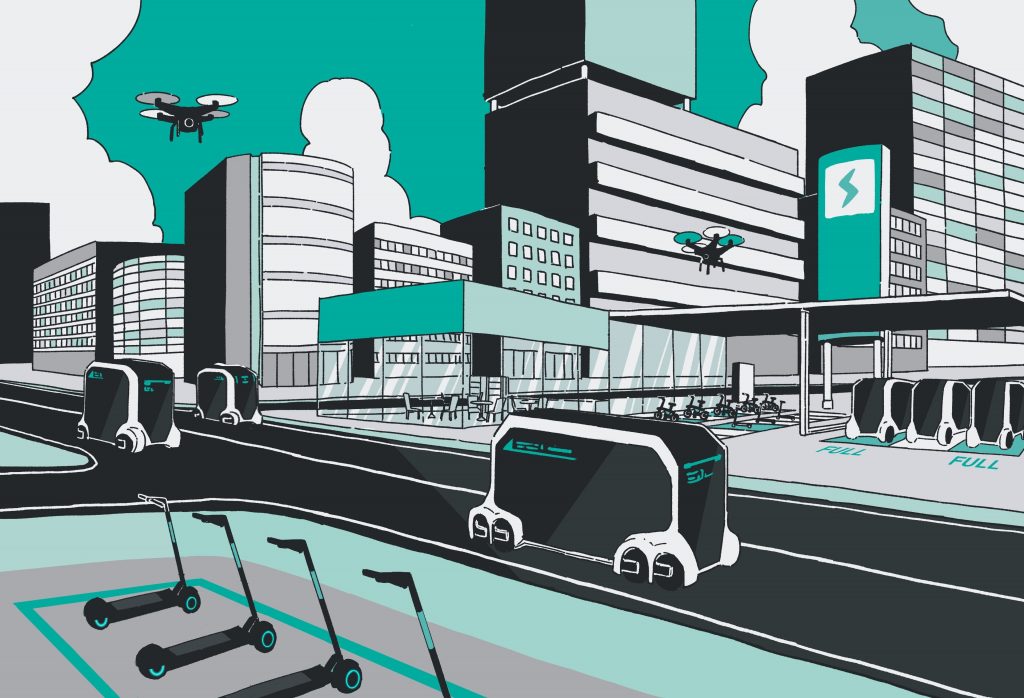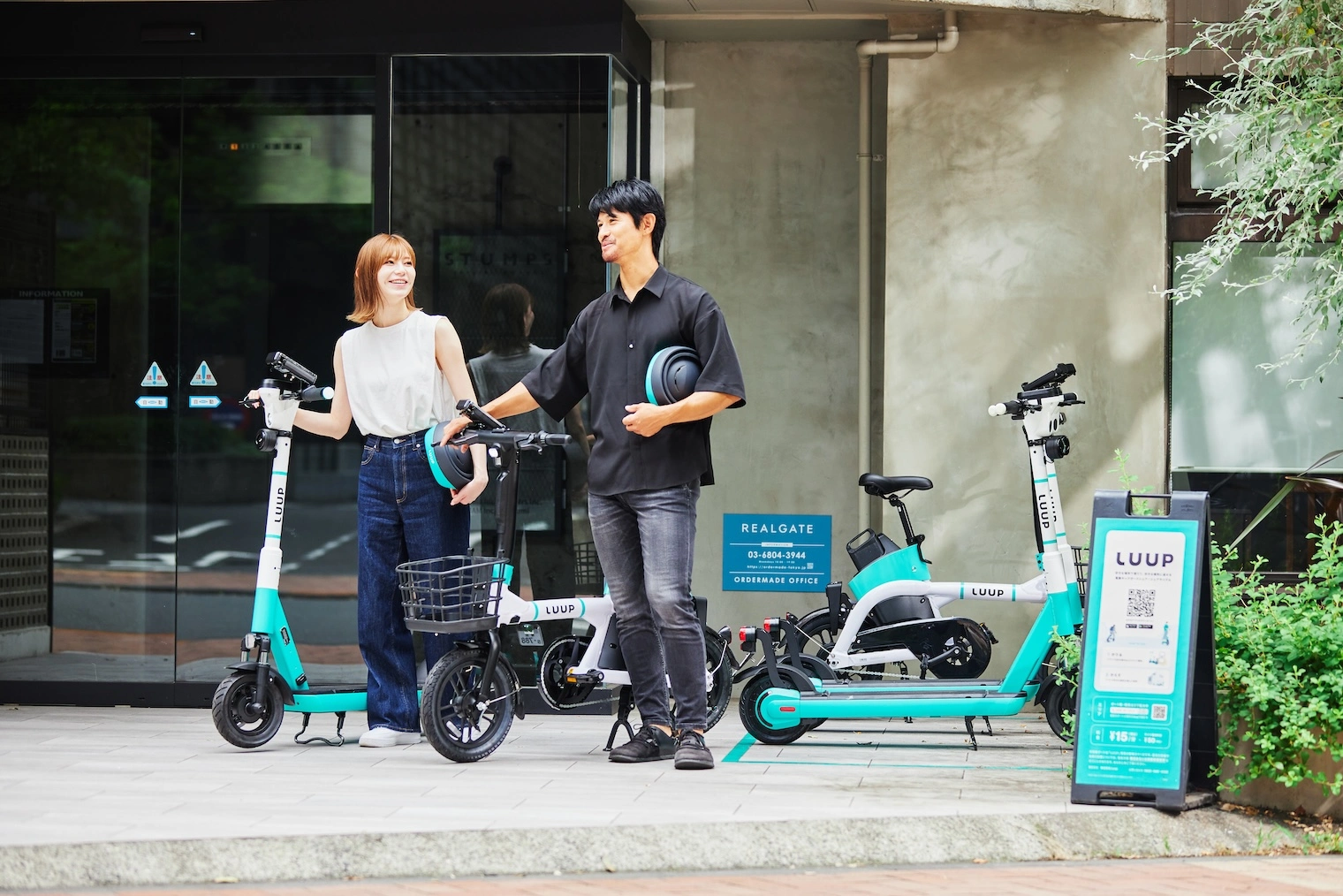Micromobility Promotion Council Presents the Progress of the Demonstration Experiment at LDP MaaS Parliamentary Group
Relevant ministries also shared the status of deregulation studies
The Micromobility Promotion Council, consisting mainly of domestic e-scooter operators, presented an interim report on the demonstration experiment of e-scooters on public roads using the “New Business Exception System” based on the Industrial Competitiveness Enhancement Act and requests for the creation of appropriate rules for e-scooters in the future, in the presence of relevant ministries and agencies, at the “Micromobility PT of the MaaS Parliamentary Group” held on Friday, December 4, 2020.

Details of the Presentation by the Micromobility Promotion Council
We would like to continue our dialogue with the stakeholders and launch a follow-up to this demonstration experiment as soon as possible in order to accelerate the development of a safe and secure environment for the use of e-scooters in Japan, which are rapidly gaining popularity overseas and are also effective in avoiding the density during COVID-19 pandemic and reducing environmental burdens.
In addition, there has been a recent increase in the number of illegal e-scooters being driven on roadways and sidewalks that do not meet the safety measures required by law. Insufficient understanding of the laws and regulations is unlikely to reduce inappropriate riding. The Micromobility Promotion Council aims to realize appropriate regulations based on a series of dialogues with regulatory authorities and urban development officials.
Outline of the demonstration experiment of the e-scooter on public roads using the “New Business Exception System”
– Deregulation items approved this time
(1) Riding in bicycle lanes
(2) Revision of safety standards (position of front lights, number lights)
– Entities: EXx Inc., mobby ride Inc., and Luup, Inc.
– Areas: Tokyo (Chiyoda-ku, Shinjuku-ku, Shibuya-ku, and Setagaya-ku), Fujisawa-shi, Kanagawa; Kashiwa-shi, Chiba; Kobe-shi, Hyogo; Onomichi-shi, Hiroshima; Fukuoka-shi, Fukuoka
Implementation period: October 2020 to March 2021
The demonstration experiment complies with the safety standards for e-bikes and the rules of the Road Traffic Act, excluding the deregulation items listed above. Moped license holders, wearing helmets and using vehicles controlled at a maximum speed of less than 20 km/h, will ride in the bicycle lane and on the roadway in the exception area to promote verification of appropriate riding conditions for e-scooters.
Progress report on the above demonstration experiment
Based on the feedback from the participants of the demonstration experiment, the following issues were presented under the current driving conditions:
– Existence of parked vehicles on the roadway
– Speed difference with other vehicles
– Existence of illegal e-scooters
– Excessive security standards (constant front lighting, rear-view mirrors, alarms, braking devices, etc.)
– License plates that extend beyond the width of the vehicle














